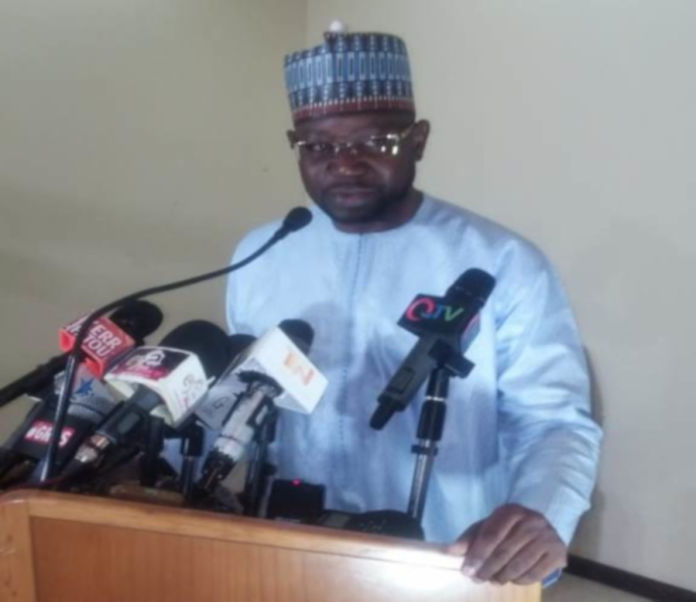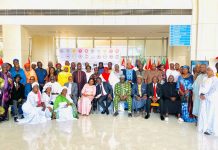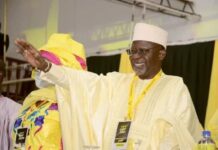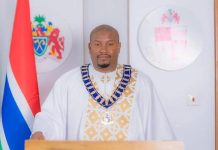By Yankuba Jallow
Ex-Minister of Interior and the National Chairman of the Gambia Moral Congress, Mai Fatty has told Foroyaa that IEC should be responsible for giving out permits to political parties and not the police.
Fatty said anytime people want to exercise their democratic rights they have to wait for a permit from the police which in his view should be changed; particularly when you are utilising a public address system.
“We would like the IEC to take control of that because requirement of a permit is useful in the security context, but at the same time it can be obstructive. So we want some of those restrictions/restraints to be eliminated in the process,” Fatty said.
On the issue of political parties submitting their campaign financing to the IEC, he said, “you cannot require me to explain to you how I spent my money. It is my money and I should not be under any legal obligation to explain to you how I spent my money if you have not given me the money,”
He said his party wants matters dealing with campaign financing to be a voluntary thing and there should not be any legal obligation requiring political parties to explain their campaign financings.
He said the whole Elections Act should be reviewed.
“We want to see all political parties have equal level playing field. We want to see equal level playing field for all,” he said.
He said among the targets of his party in the reform process is on the demarcation of constituencies and compilation of voter registration in order to make them more realistic and fair.
“We have some constituencies that are larger than the others and we want to see fairness in the process,” he said.
On absolute majority and two-term limit, Fatty said his party will support and push this agenda in the reform adding that ‘no doubt it will be there.’ He said his party will push for women participation in elections so that the laws will provide a certain percentage for women during elections.
He said electoral reform is a very important process, adding that it seeks to consolidate Gambian democracy.
“We are going to be looking at our laws to improve them to make them more realistic to the aspirations of Gambians,” he said.
He said the process has started a long time ago in mid 1960s all the way to 2009.
“There were several amendments that were intended to obstruct democratic practice in this country. We are looking at this law to see how we can reform it; amend it and make it more consistent with the objective realities of the country today,” Fatty said.
He said the Gambia has an expanded democracy which is very vibrant at the moment and there is inclusion; adding everybody wants to be part of the process.
“The laws must be developed to meet these new circumstances. It is necessary that we look at them to review them with a view to giving Gambians the democracy that they deserve,” Fatty said.
He said the intention of the reform is to make democracy more accessible to Gambians and participation more expansive in the country.



















